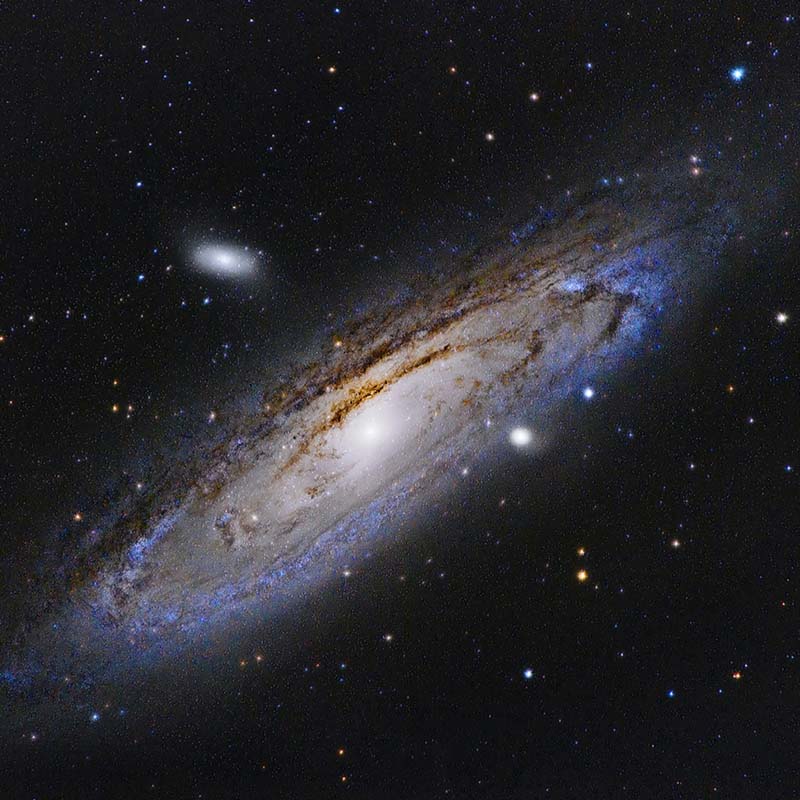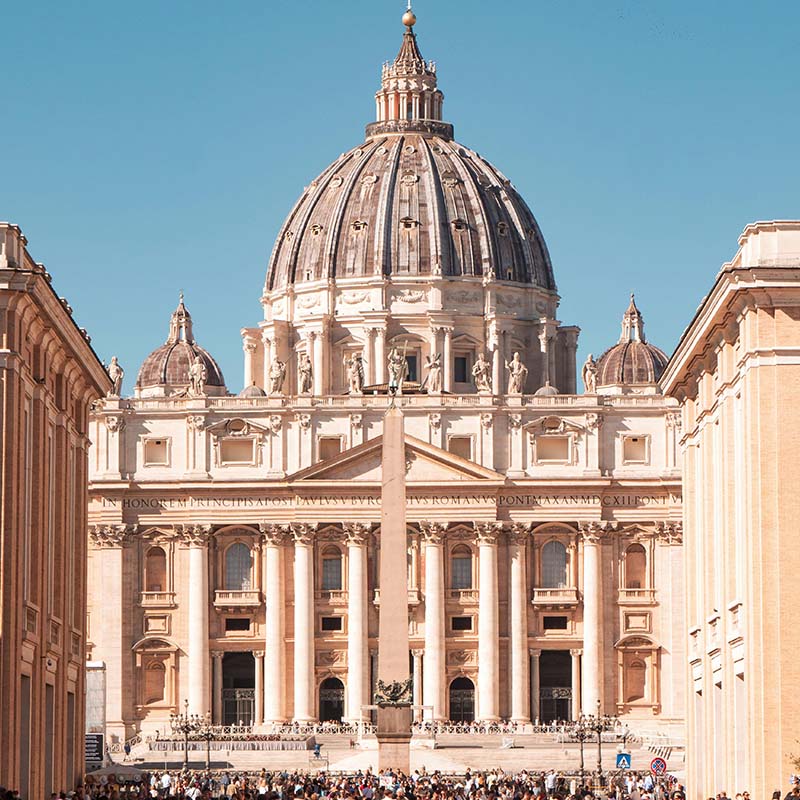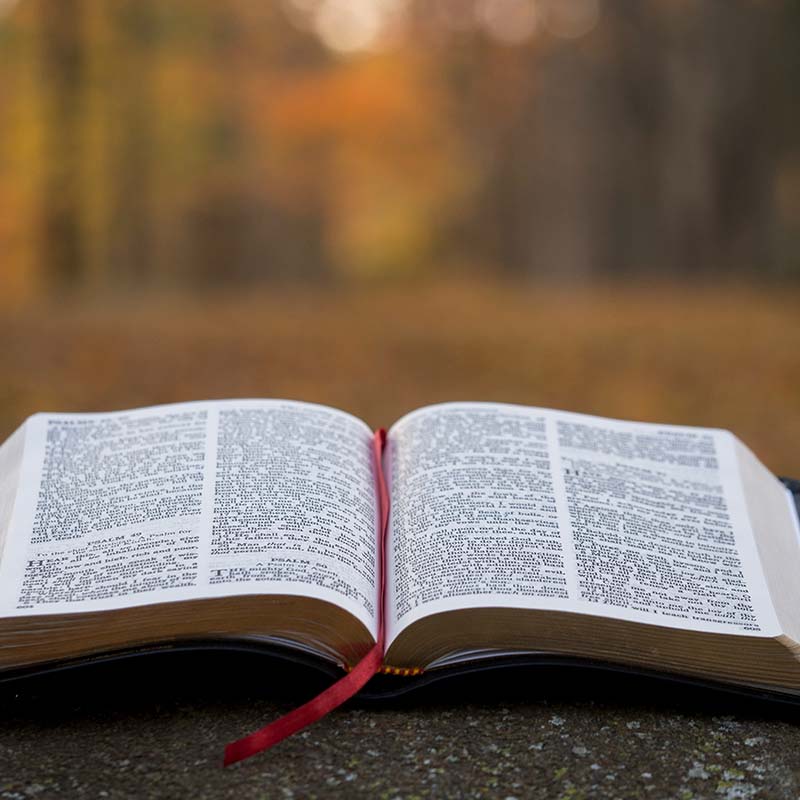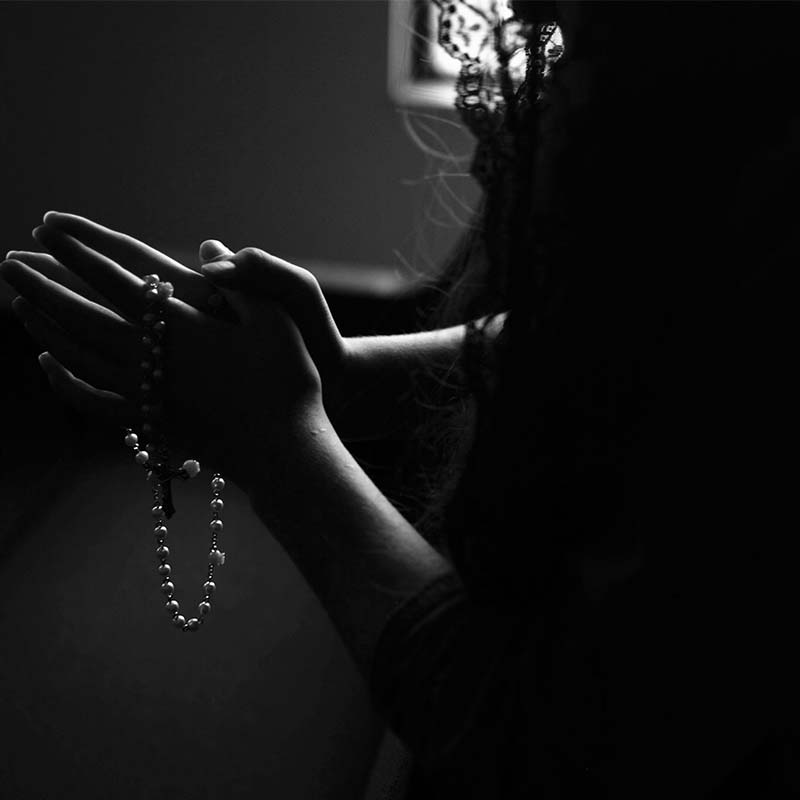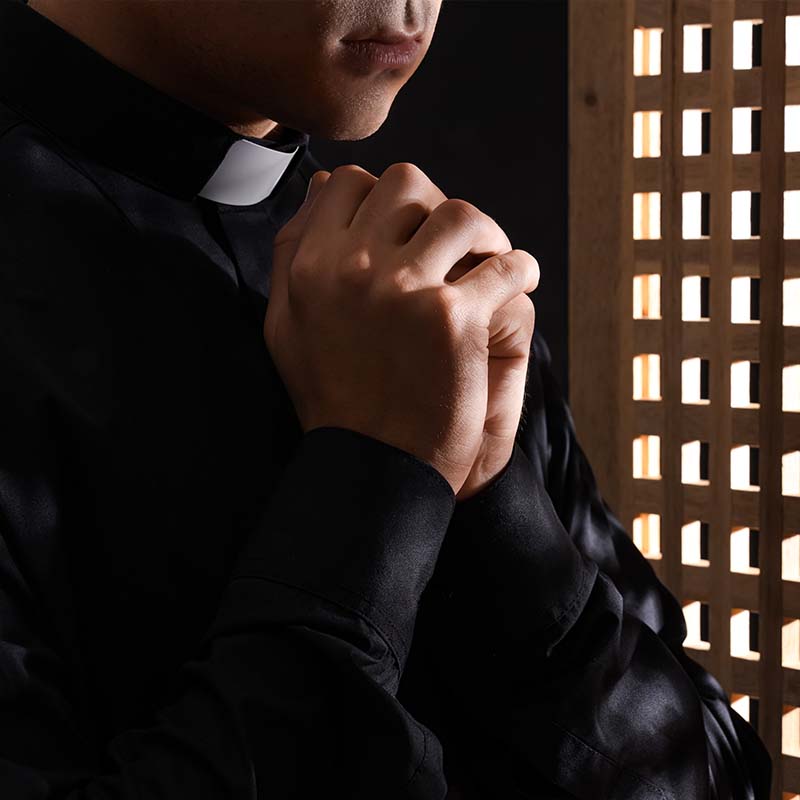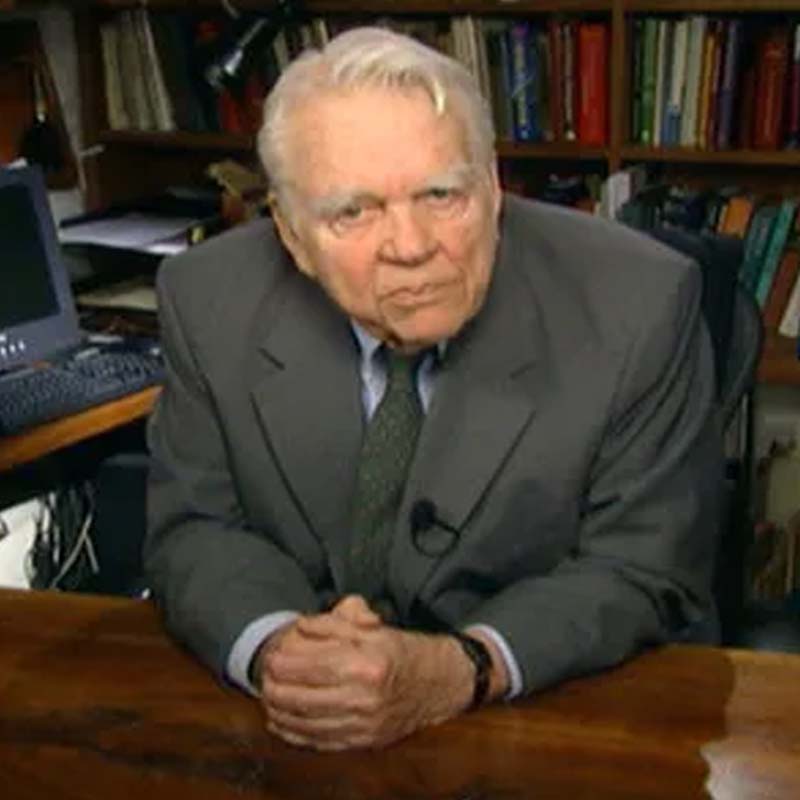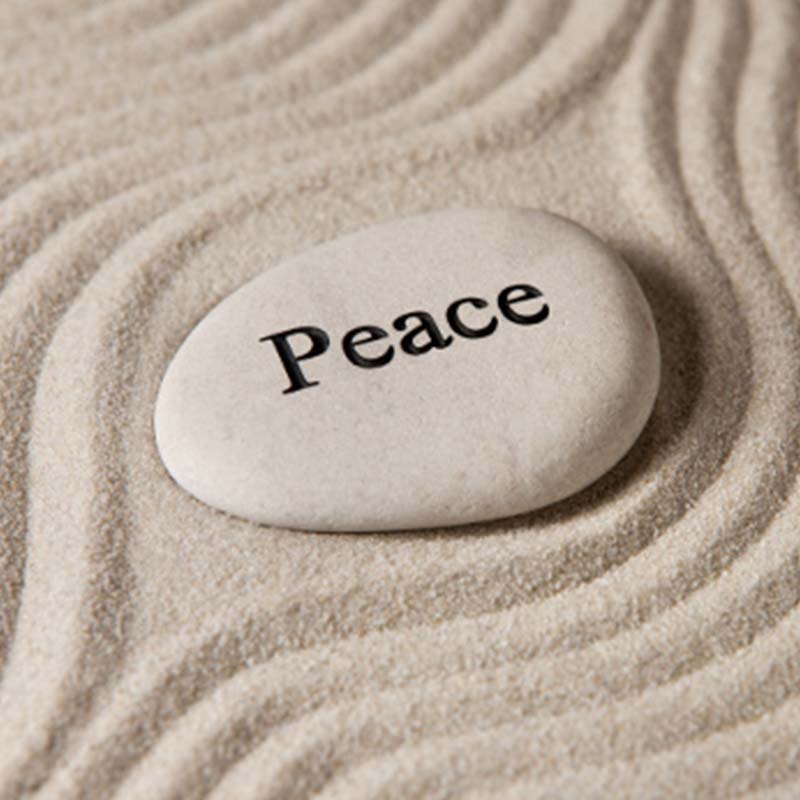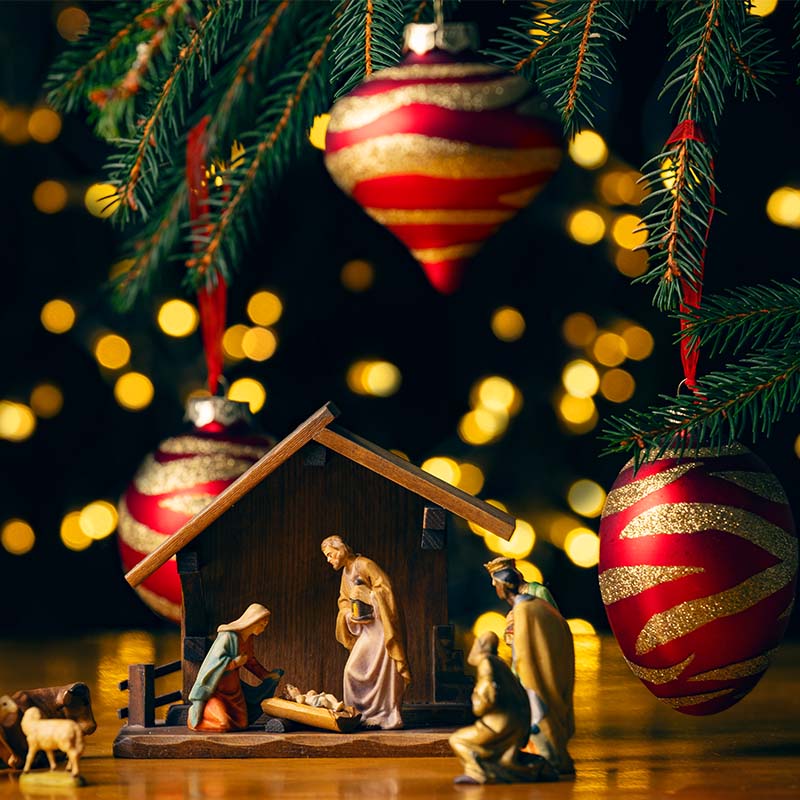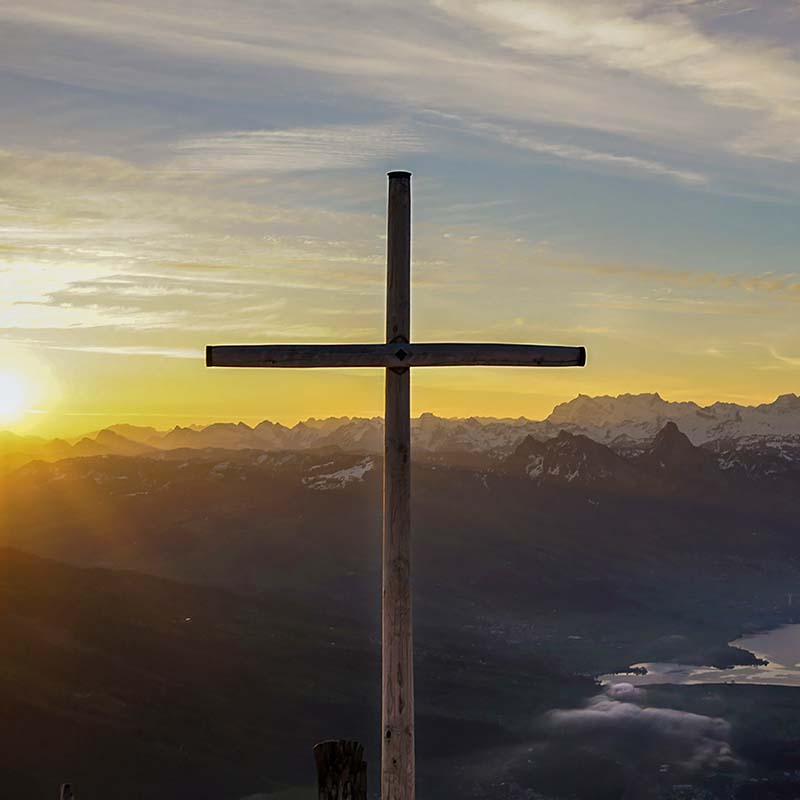
In the liturgical calendar of the Catholic Church, next Sunday is the feast of Christ the King. It’s a celebration of his kingship over the entire universe. An affirmation of a central truth of Christianity. But what do Americans know of kingdoms? Have you ever met or even seen a king (the flat faced one with a silly grin that promotes burgers doesn’t count)? Yet throughout the Gospels kings and kingdoms are a persistent theme.
The long awaited Messiah comes from the lineage of King David. Magi pay homage to the birth of a newborn king of the Jews. Herod massacres a city of infant boys to squelch a threat to his throne. Satan offers Jesus a share in ruling the kingdoms of the world to dissuade him from his mission. John the Baptist proclaims that the imminent coming Kingdom requires repentance. Jesus launches his public ministry with the announcement that it is indeed at hand. In his sermon on the mount, the Kingdom of God is promised to the poor in spirit and those who are persecuted for the sake of holiness. Parables compare it to a mustard seed, a treasure in a field, a pearl of great price, a dragnet in a lake, a wedding banquet, a leaven for bread, a vineyard, and a field of good seed sown along with weeds. A huge crowd wants to make Jesus king by acclamation having been fed by a multiplication of loaves and fishes. Peter is promised the keys of the kingdom of heaven, but no disciple is promised seats on either side of the King’s throne. The disciples are told that the kingdom of God belongs to those who are like children; that the rich will find it hard to enter; that tax collectors and prostitutes enter more easily than chief priests and elders of the Temple; and that scribes and Pharisees shut the doors to it by their legalism. When questioned by Pontius Pilate, Jesus acknowledges that his Kingdom is not of this world. The soldiers’ torture includes a crown of thorns, a royal purple robe, and a reed in mockery of his claim to a kingdom. The sign on his cross states Kingship of the Jews as his crime. The condemned criminal next to him is assured a place in the kingdom of God that very day.
A Kingdom Come and Gone?
So what are we to make of all this? What does it mean to a contemporary society in which the notion of a kingdom has faded from consciousness? How are we to acknowledge Christ as King?
Consider the answer of twentieth century apologist Frank Sheed: “It is not an oversimplification to say that in the Lord’s Prayer ‘Thy kingdom come’ is one way of saying what the petition immediately after it says more clearly: ‘Thy will be done.’ Wherever God’s will is obeyed, there God reigns, his authority acknowledged. That is the kingdom. That is what we pray may become reality over all the world as it is in heaven. The union of men’s will with God’s is the point: the union of men, thus obedient to God, with one another is the kingdom.”
He goes on to say that repentance, a change of mind and heart centered on God rather than self, is the means to citizenship. A way of life that makes the Kingdom of God manifest in this world here and now. If we claim that citizenship, it should be visible to those around us.
Denial
Can those in our family, at our workplace, and in our neighborhood tell that we march to the beat of a different drummer? Would they say like the bystanders to Peter during Jesus’ trial: You are certainly one of his disciples! Even your accent betrays you? Or do we blend in with the citizens of this world in our desire for approval and acceptance? We may not be overtly denying our relationship with Christ as Peter did. But is our denial cloaked in silence, cowardice, and compromise when words, boldness, and action are demanded?
Quoting Sheed again: “A really frightening test of how much value we attach to (Christ) lies in how we feel about friends who never seem to give him a thought. Do we feel it as unbearable that they should not have the gifts of light and nourishment that he has given us? If not, we should ask ourselves how much those same gifts do actually mean to ourselves? If we are not longing to make him known, then he may well be no more than a picture on the wall of our minds to which we give a respectful bow when we happen to notice it. If there were a famine and people lacked bread, we should work hard to relieve it. But if they lack the Bread of Life and it causes not the faintest stirring in us even of care, much less desire to aid their destitution, we have to ask ourselves what that tells us about ourselves.” (To Be Continued)

